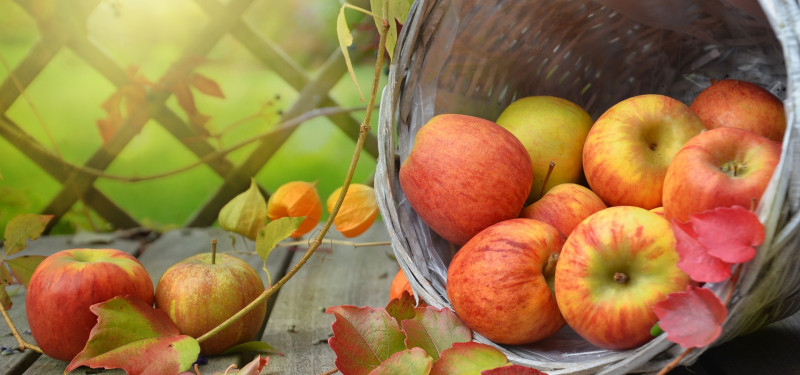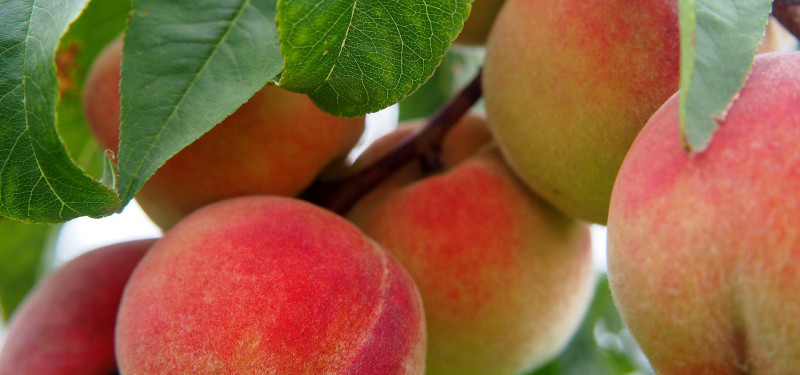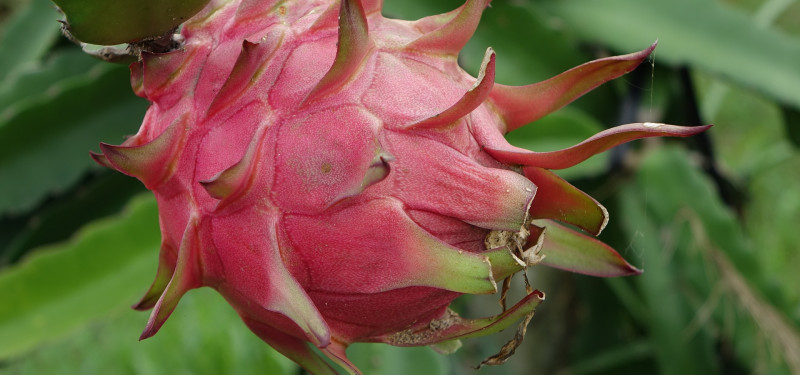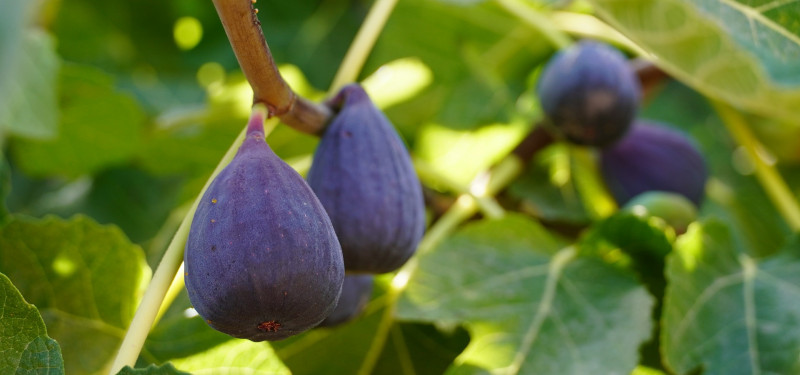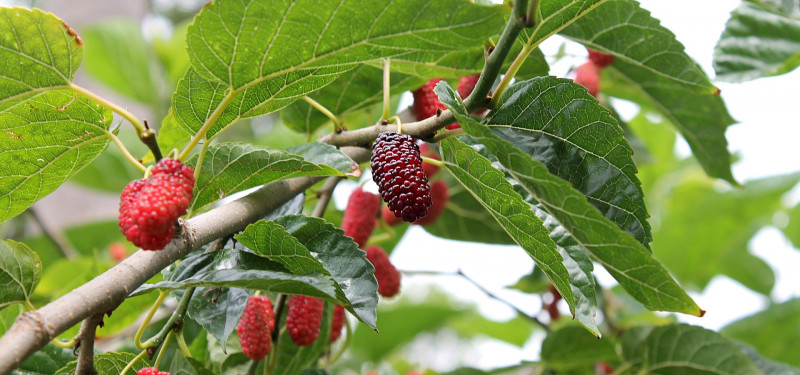It's nice to have enough property to add a few fruit trees. Even so, do you know which trees would work best? Unless you plan to spend a lot of time caring for the trees, it pays to know which ones will require relatively little attention.
Before you buy fruit trees online, take the time to learn which ones are truly low-maintenance. You may be surprised at how many choices are open to you.
Why Grow Fruit Trees in Your Back Yard?
There are plenty of reasons why you would want to include a few fruit trees in your backyard. One of them has to do with adding ornamental touches. The foliage for many fruit trees is quite beautiful, as are the blossoms that appear before the actual fruit They help to add something to the grounds that make them more attractive and appealing.
You'll also find that backyard fruit trees help to provide some shade. This is true if you choose to invest in varieties that grow tall and tend to have more space underneath. Imagine yourself sitting under an apple tree and feeling cool and comfortable on a hot day.
The single most compelling reason to add fruit trees to the backyard is the fruit itself. Once those trees begin to bear fruit. you will have all you need, plus some to give to others. You can enjoy fresh fruit, put up preserves and jellies, and even freeze some fruit for use in pies later. Since fruit is a staple of a healthy diet, see this as a way to satisfy your taste buds and get some of the nutrients your body needs.
What Makes for a Low-Maintenance Fruit Tree?
There are a few core aspects that indicate a fruit tree will be easy to maintain. Trees that can thrive in a number of settings translate into being a good fit for more climates and growing conditions. For example, a tree that can do well in direct and indirect sunlight would be considered low maintenance.
The kind of soil needed is another point to ponder. Trees that are easy to maintain can do well in a number of soil types. That helps to reduce the need to add more nutrients to the soil.
Trees that need little to no pruning are also worth considering. Even if what you choose may need some pruning, there are fruit trees that may not need this type of care more than once a season.
If your choice of tree does not need much watering and is less likely to attract pests, then you have a winner. These two qualities definitely mean you will spend less time and effort taking care of the trees. Even so, you will enjoy plenty of fruit.
Don't rule out the idea of fruit trees that do well in containers. That makes it possible to invest in a couple of dwarf trees to enhance the look of your patio area. It also means you get to increase the variety of fruits you have available without taking up more space in the backyard.
10 Low-Maintenance Fruit Trees to Consider
Now that you have some idea of what constitutes a low-maintenance fruit tree, it's time to begin considering your options. Always go with trees that bear fruit you like, but do keep a few other things in mind. Here are ten examples that are worthy of consideration.
1. Plum Trees
If you have soil that drains easily after rain, and a spot that happens to get direct sunlight from 6-8 hours a day, then some variety of plum trees is for you. All varieties tend to work well in a number of settings, although you do want to avoid planting them in soil that's soggy or composed of a lot of clay.
You will need to do some pruning with plum trees, but it tends to be simpler and less frequent with most varieties. You may want to consider opting to buy a damson tree if springtime usually includes frost early on. Damsons tend to blossom in the later spring, so the frost will not be an issue.
2. Peach Trees
Peach trees are also great when the backyard gets plenty of direct sunlight and the soil is well-drained. While they need to be fertilized early on, you may not have to do this more than once or twice per season. Depending on how much rain you get, there may be no need to water the trees at all.
You will find several varieties that are less susceptible to blight and other common fruit tree problems. This further reduces the amount of care and upkeep that the trees will need.
Nectarines are part of the same family as peaches. However, the fruit will have smooth rather than fuzzy skin. You may decide that the decision to buy a nectarine tree will be the ideal choice for your property.
3. Pears Trees
Pear trees are a good starting point for novices. That's because they grow well in a number of climate zones, come in multiple varieties, and can be consumed in a number of different ways. You may decide to go with a Bartlett or Anjou pear tree as your first choice simply because of how good these types of pears do in different soil conditions.
Pear trees are less prone to pests than some of the other trees you could choose. They also are less likely to contract diseases. If you're looking for a good tree to plant in a container, you won't find it difficult to locate and buy a plum tree online that fits the requirement.
When you decide to buy pear trees online, you may come across options for quince trees. Some people think that quince is some type of hybrid apple and pear; that's not the case. Apples, pears, and quinces are all part of the Rosaceae Maloideae family. What you will find is that if you do buy a quince tree, it will likely be just as easy to care for as a pear tree.
4. Cherries Trees
Cherry trees offer some of the most beautiful blossoms that one can imagine. When the fruit begins to bear, you will find that it's in abundance. Given how versatile cherries happen to be, this is a great addition to your backyard.
Cherry trees do need to be pruned in the winter. However, don't worry about thinning them out; light pruning is all needed. You'll also find that cherry trees are less likely to attract pests or develop diseases. When you go to buy cherry trees online, you'll find a number of varieties ranging from sweet to tart that is worth considering.
5. Dragon Fruit
If you want something that's more on the exotic side, dragon fruit is for you. In appearance, the tree reminds one of a cactus. When it blossoms, you get to enjoy beautiful white and long blossoms. The spiky fruit that follows is what gives dragon fruit the colorful name.
As a member of the cacti family, there is little need for watering. They also don't need much in the way of fertilizing. At best, you may need to water them once a month. When it comes to pruning, it's easy to go several months between light sessions.
6. Lemon Trees
There's a lot you can do with lemon trees. Plant them in the yard, or grow them in containers. When the fruit comes in, you will have plenty to use and share.
Humid and warm conditions are great for these trees. Only light pruning is needed, and a minimum of fertilization may be necessary; that depends on the soil composition. Even if there hasn't been any rain lately, watering the trees on a weekly or bi-weekly basis will provide the moisture needed.
7. Fig Trees
Fig trees do well in sub-tropical and tropical climates. If summer gets hot and humid, this is the tree for you. Do plan on watering the trees regularly, but the pruning is limited to just after planting and in the days leading up to winter. Fig trees grow quickly and produce fruit several times per season.
These trees are fairly tolerant of colder temperatures, so they do well from one season to the next. If you do have a cooler climate, the Celeste would be a good fig tree to consider.
8. Apricot Trees
Apricot trees tend to thrive in a number of settings. Loose soil is fine, and they do well with as little as six hours of sunlight. As a bonus, they tend to be less attractive to many types of pests. You can buy apricot tree varieties that are less likely to contract a number of diseases too.
You will find that apricot trees start as small ones and tend to branch out quickly. Enjoy the sweet-smelling blooms prior to an abundance of fruit. Once the fruit does begin to bear, you will have plenty from spring all the way to the end of summer.
9. Mulberry Trees
Mulberry trees do well in soil that's well-drained. The trees do need soil rich in nutrients, so be prepared to add compost and other nutrients at first. The trees will thrive in a number of climate zones, so it won't be difficult to buy a mulberry tree online that's ideal for your weather.
In terms of upkeep, do mulch and fertilize in the spring. Pruning may or may not be needed in summer, but you want to prune just before winter. Rain will usually take care of the watering, but we plan on providing about an inch per week during dry spells.
10. Apple Trees
Of all the options on this list, apple trees are the most difficult to grow. They do need at least six hours of direct sunlight each day. Fertilizing and pruning are done on a regular basis, although some varieties will require less of each. Remember that these trees are more susceptible to blight and other diseases.
The payoff is that if you buy apple trees online, there are plenty of varieties to consider. From sweet to tart, you can find something that fits your taste. Most varieties also produce ample amounts of fruit that you can make into jams, jellies, and pies, and utilize in other ways.
Remember that along with selecting fruit trees that are easy to maintain, pay close attention to the type of trees found within each family. There are more varieties of all these trees than most people realize. Make good use of the Internet, and find out more about each variety before you make any decisions. Doing so will increase the odds that you buy fruit trees UK that will be just right for your tastes and your property.
